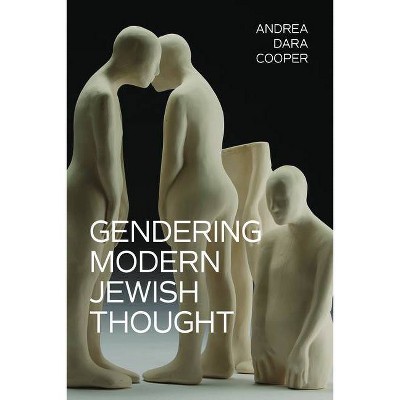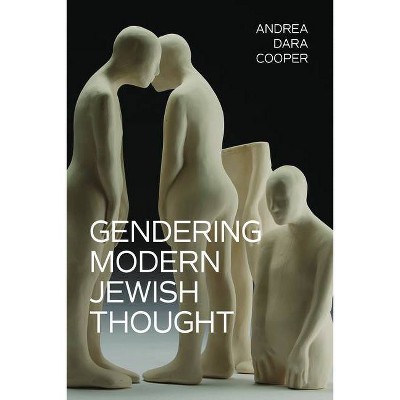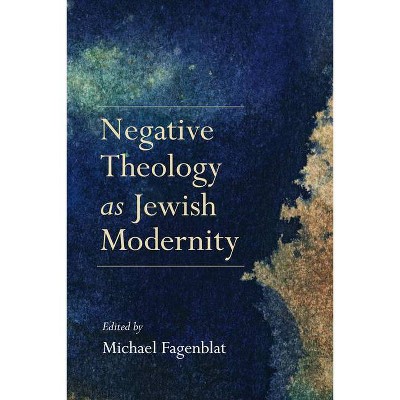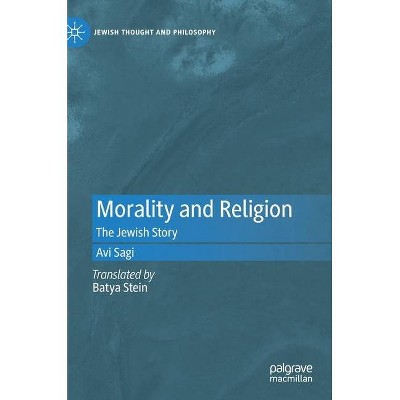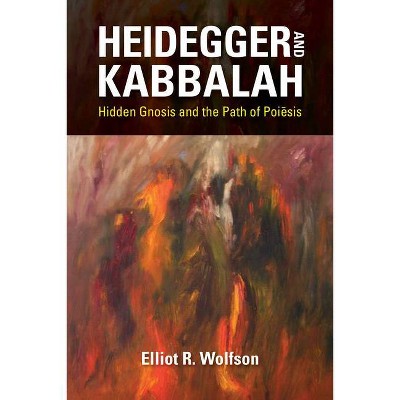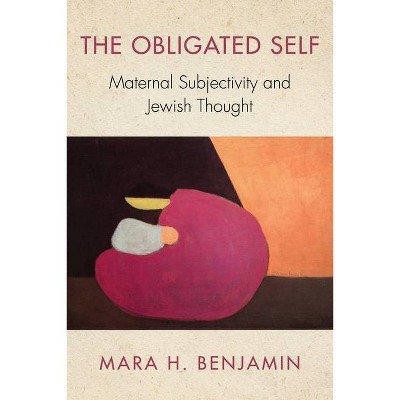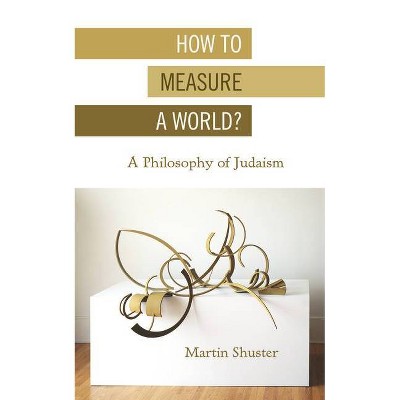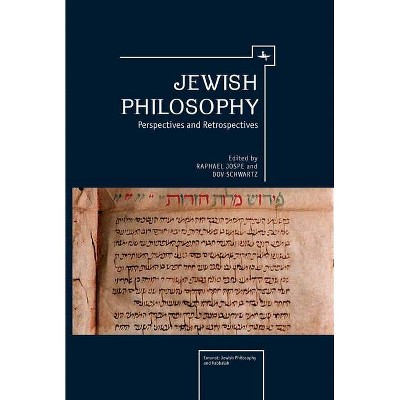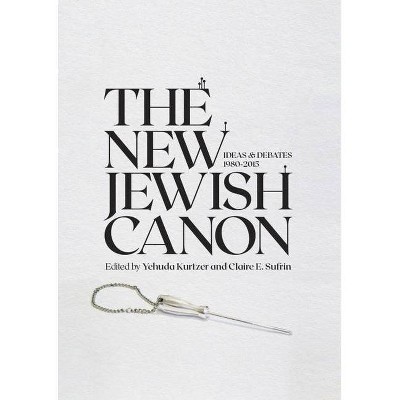Judaism and the West - (New Jewish Philosophy and Thought) by Robert Erlewine (Hardcover)
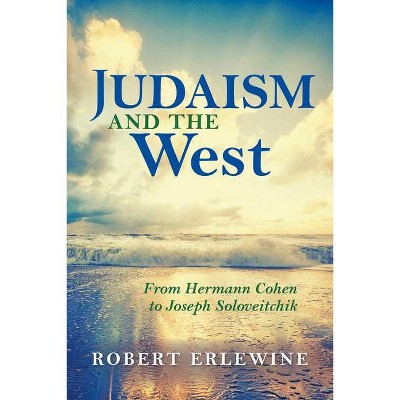
Similar Products
Products of same category from the store
AllProduct info
<p/><br></br><p><b> About the Book </b></p></br></br>By reading the canon of Jewish philosophy in this new light, Erlewine offers insight into how Jewish thinkers used religion to assert their individuality and modernity.<p/><br></br><p><b> Book Synopsis </b></p></br></br><p>Grappling with the place of Jewish philosophy at the margin of religious studies, Robert Erlewine examines the work of five Jewish philosophers--Hermann Cohen, Martin Buber, Franz Rosenzweig, Abraham Joshua Heschel, and Joseph Soloveitchik--to bring them into dialogue within the discipline. Emphasizing the tenuous place of Jews in European, and particularly German, culture, Erlewine unapologetically contextualizes Jewish philosophy as part of the West. He teases out the antagonistic and overlapping attempts of Jewish thinkers to elucidate the philosophical and cultural meaning of Judaism when others sought to deny and even expel Jewish influences. By reading the canon of Jewish philosophy in this new light, Erlewine offers insight into how Jewish thinkers used religion to assert their individuality and modernity.</p><p/><br></br><p><b> Review Quotes </b></p></br></br><br><p><em>Judaism in the West</em> is an excellent book, which reaches further than its unassuming tone would have one assume. It is essential reading for scholars of Jewish thought, and valuable for anyone interested in religious studies methodology, and the relationship between Jewish and religious studies. </p></p>-- "Reading Religion"<br><br><p>[The] author has done an important service for the fields of Jewish studies and religious studies by linking the thought of five great modern Jewish philosophers directly to the problem of the West and of Judaism's place in it. </p></p>-- "Harvard Theological Review"<br><br><p>Erlewine's book provides a distinctive, indispensable introduction to modern Jewish thought. . . . Highly recommended.</p>-- "Choice"<br><br><p>Overall, this short book offers an engaging take on some of the classics of modern Jewish philosophy and makes a spirited case for debating their legacy in light of the contemporary study of religion.</p>-- "Journal of Religion"<br><br><p>While the thinkers examined here are hardly unknown, each chapter offers an original analysis that builds on but also importantly adds to previous scholarship. One of the book's important contributions lays in the philosophical credit that is granted to Buber, Heschel, and Soloveitchik, who are often taken to be of less philosophical rigor than Cohen and Rosenzweig, and Erlewine's justification for giving this credit.</p>-- "Religious Studies Review"<br><p/><br></br><p><b> About the Author </b></p></br></br><p>Robert Erlewine is Associate Professor of Religion at Illinois Wesleyan University. He is author of <i>Monotheism and Tolerance: Recovering a Religion of Reason</i> (IUP, 2009).</p>
Price History
Price Archive shows prices from various stores, lets you see history and find the cheapest. There is no actual sale on the website. For all support, inquiry and suggestion messagescommunication@pricearchive.us
